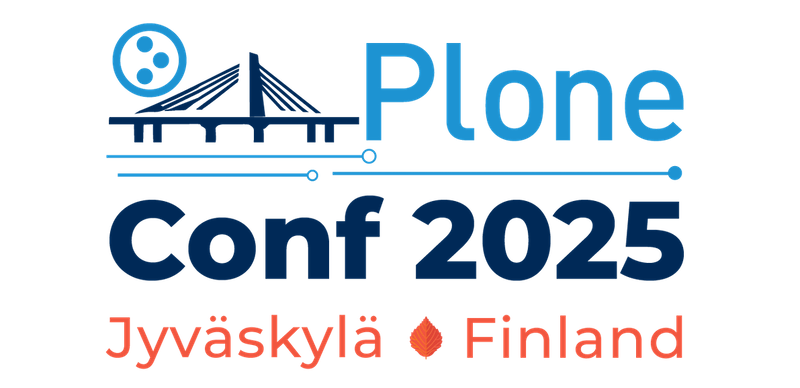Details
This talk shares a practical, AI-assisted workflow for producing accurate, targeted docs that stay current with code. Because most developers would rather code than write docs, the approach shifts the burden to AI—so humans focus on quick review and approval.
For new code: documentation is generated in parallel with development. Scaffolds and PR templates include prompts that create docstrings, task-focused guides, API pages, changelogs, and usage examples as features land.
For existing or under-documented code: reverse-analysis pipelines read source, tests, schemas, and commit history to reconstruct API references, architecture overviews, migration notes, and add-on matrices—even when docs are missing, outdated, or inconsistent. Outputs publish with Sphinx or surface as a Plone Documentation Portal.
I’ll cover prompt design and guardrails to reduce hallucinations, plus automated validity checks—doctests, schema diffs, link checks, and source citations. Attendees will leave with reusable prompt templates, a reference workflow and tactics for integrating documentation generation into everyday development—turning documentation from a chore into a continuous, low-friction part of delivery.

